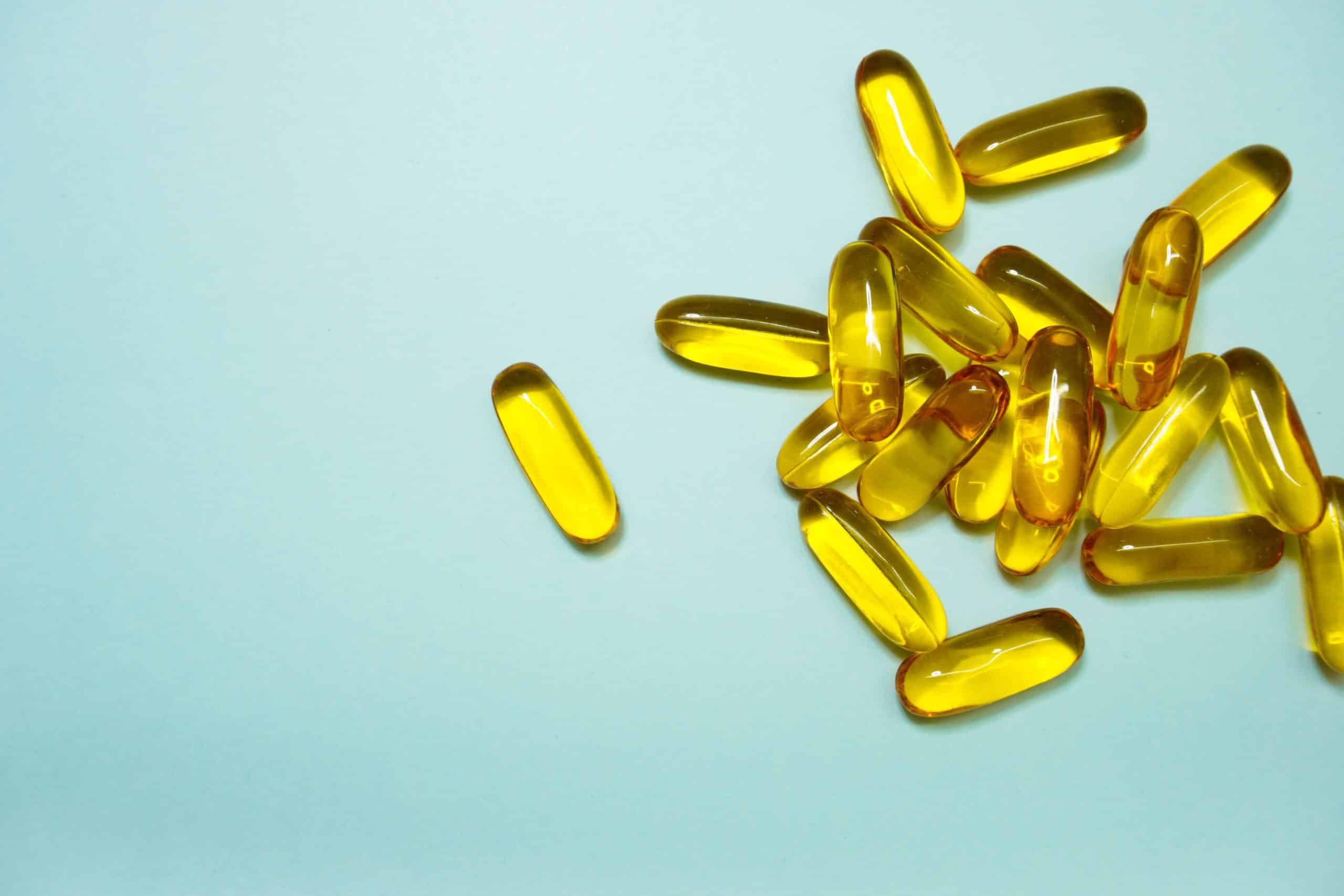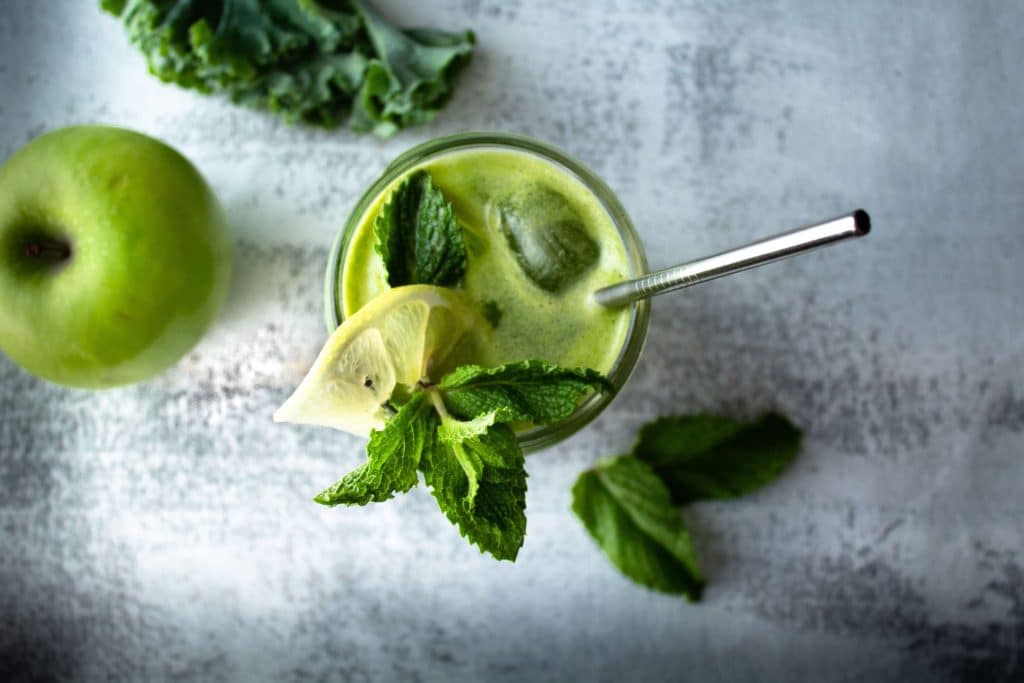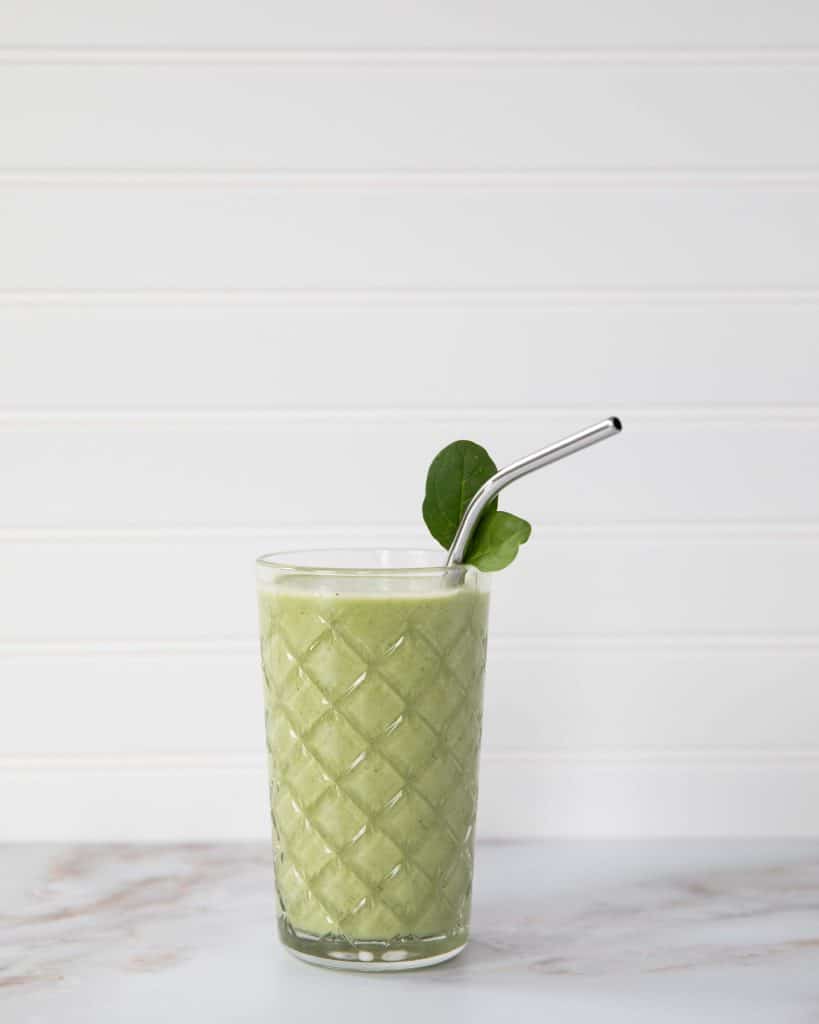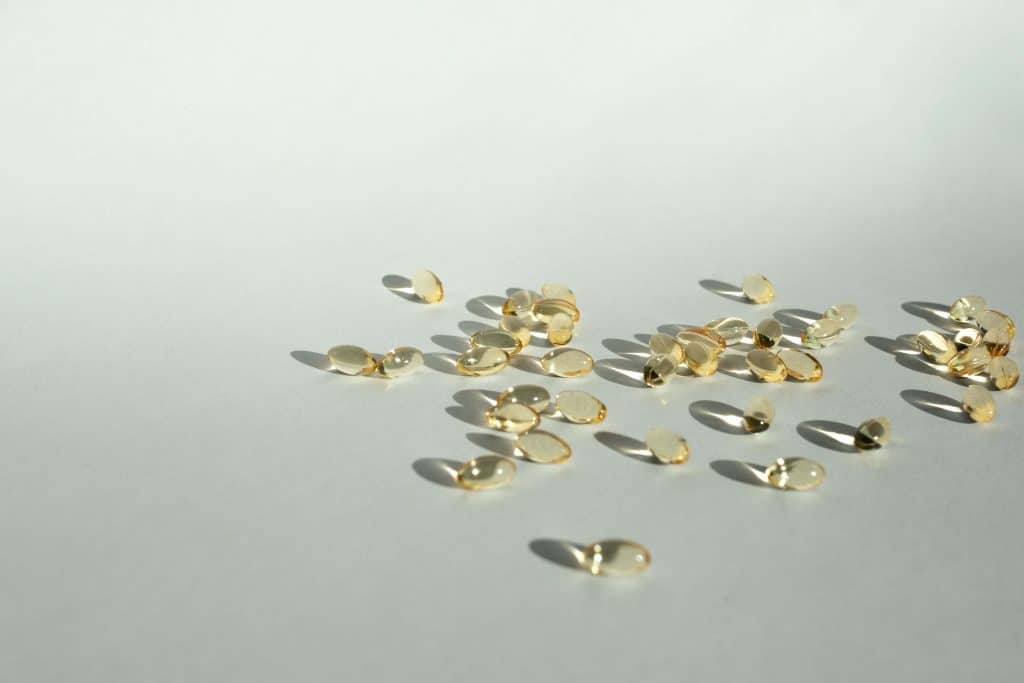
5 Essential Vitamins And Supplements To Balance Hormones
Hormones and insulin resistance can cause issues for many women, especially upon entering perimenopause. All sorts of frustrating fluctuations key hormones and insulin levels can occur, and these same hormone levels and fluctuations impact nearly every aspect of a woman’s life.
Here’s a list of the most common causes of the stress hormones, hormone, hormonal imbalance hormone production, or hormone fluctuations specific to women:
- Perimenopause
- Menopause
- Polycystic ovarian syndrome
- Menstrual cycles
- Birth control
- Pregnancy
- Insulin resistance
- Chronic stress and mental health disorders
- Diet or dietary changes
- Disorders that affect the thyroid gland, adrenal glands, pituitary gland, etc.
Weight Gain and Other Signs of a Hormonal Imbalance
When our hormones are imbalanced, we may experience varied symptoms including:
- Major mood swings and irritability
- Trouble sleeping
- Increased PMS symptoms
- Poor digestion or irregular bowel movements
- Decrease in sex drive
- Painful periods
- Irregular menstrual cycle
- Weight gain
- Hot flashes
- May feel like a decrease in overall health
- Loss of energy and zest for life
- Elevated estrogen levels as well as other hormone levels
As a result, bone health, our relationships and mental health may suffer, and we may feel as if our energy levels and quality of life has suddenly dropped dramatically as well.
Fortunately, there are all sorts of tried and true ways to help balance thyroid hormones yourself. One such way is by ensuring you’re getting all the right hormone-balancing nutrients from your supplements to balance own healthy diet too.
Supplementing with certain vitamins and herbal supplements, may help as well. Relief from chronic stress is possible, with the right approach.
A Healthy Diet is Key to Hormone Balance

When it comes to using supplements to balance hormones and getting all the essential macronutrients and micronutrients necessary to balance hormones, we should always turn to food first. Supplements are great, but there’s no substitute for good, whole foods — the ones that come directly from the Earth, just as nature intended.
Your endocrine system needs certain foods, which contain specific nutrients, to do its job and improve hormone production. Let’s see which ones those are!
Magnesium is Essential to Balancing Hormones
Magnesium is one of the most essential minerals to help balance thyroid hormones. While you can take magnesium supplementation a supplement, vitamins and supplements or even spray your skin with magnesium spray, there’s no better way of getting the magnesium you need for hormones balanced, than from the foods you eat.
To ensure you’re getting enough magnesium, be sure to eat plenty of the following:
- Dark leafy greens
- Seeds like flax, pumpkin, and chia
- Legumes like lentils, chickpeas, and black beans
- Avocados
- Dark Chocolate
Why Avocados are a Great Option for Getting Magnesium and Balanced Hormones
Avocados are healthy fats also beneficial for your hormones. Not only do they give you magnesium, but these natural supplements are full of B vitamins, vitamin K, and potassium.
What’s more, if you’re trying to fight the weight gain that often accompanies hormonal fluctuations, avocados are proven to help you feel full, as a study published in Nutrition Journal shows.
Choose Dark Chocolate for Magnesium and Other Health Benefits
Last but certainly not least — dark chocolate makes our magnesium-rich list of foods! According to a study published in the American Journal of Clinical Nutrition, dark chocolate even contains prebiotic fiber, perfect for supporting gut health.
It’s also rich in antioxidants, as well as the minerals copper, manganese, and iron. Yes, dark chocolate can be a gal’s best friend!
B Vitamins

Taking a high-quality B-complex supplement is a really good idea when you’re in the throes of hormonal ups and stress levels and hormone production levels up and downs. This is one group of vitamins that you might want to supplement with in addition to eating foods high in these vitamins.
There are nine B vitamins in total, and certain foods contain specific vitamin Bs.
- For example, salmon is an excellent source of many B vitamins. It contains B1, B2, B3, B5, B6, and B12.
- Leafy greens like spinach, kale, collard greens, and even romaine lettuce contain B9, also known as folate. They’re best eaten raw or lightly steamed to keep B9 intact.
- Eggs are one of the best sources of B7, also known as biotin. They also contain B2, B5, B9, and B12.
- For vegans, a supplement is absolutely necessary. And so is nutritional yeast, which is great sprinkled on popcorn. Nutritional yeast contains incredibly high amounts of B1, B2, B3, and B6, a fair amount of B9 and B12, and a little B5.
Other foods with notable amounts of vitamin Bs are:
- Sunflower seeds
- Beef
- Trout
- Clams
- Mussels
- Oysters
- Turkey
- Chicken
- Milk
- Yogurt
- Beans
- Organ meats like liver
Probiotics
Probiotics are essential to healthy gut bacteria help balance out stress levels, hormone levels and hormones out. A high-quality probiotic supplement is a really good idea to take, especially if you don’t like probiotic-rich foods such as:
- Sauerkraut
- Kimchee
- Miso
- Yogurt
- Kefir
- Kombucha
Certain cheeses, like mozzarella, also contain beneficial bacteria and can be considered a healthy probiotic food, as noted in a 2012 study in the Journal of Dairy Science.
Liver-Enhancing Nutrients

Your liver is the hormone balance and primary organ that breaks down and rids the body of excess estrogen, a common cause of hormonal imbalance. Therefore, you need supplements to balance hormones support immune function of the thyroid gland and liver with supplements like turmeric, vitamin C, and alpha-lipoic acid.
Eat plenty of vitamin C-rich foods like oranges and strawberries. Cook with turmeric, take a turmeric supplement or drink golden milk. As far as alpha-lipoic acid goes, you’ll get the most from a supplement, but you can also eat the following:
- Organ meats
- Red meat
- Broccoli
- Brussels sprouts
- Spinach
- Tomatoes
Omega-3 Fatty Acids
You probably know by now which foods are highest in omega-3s; here’s a list of some of the best:
- Fatty fish like salmon, sardines, herring, anchovies, and mackerel
- Cod liver oil
- Walnuts
- Chia seeds
- Herring
- Flax seeds
- Hemp seeds
- Egg yolks
If you don’t eat a wide array of these fatty fish and omega-3-rich foods, take a high-quality fish oil supplement.
Vitamin D3

Forty-one percent of Americans are deficient in vitamin D, according to a study published in the journal Nutrition Research. For this reason, it’s really important to take a high-quality vitamin D supplement, especially during the winter months. We get vitamin D from the sun, a supplement, and a few foods, including the fatty acids from fish and egg yolks.
Vitamin D is actually a hormone that communicates with your immune system balance hormones and reproductive system and other hormones, making it especially essential to help balance hormones. So, ensure you’re getting enough vitamin D2 and vitamin D3 to ease and prevent hormonal fluctuations.
Vitamin: vitamin D is a fat-soluble vitamin, so take it with your fattiest meal of the day to ensure absorption. Or, take your vitamin D and your fish oil supplement together.
Vitamin D is a fat-soluble vitamin, so take it with your fattiest meal of the day to ensure absorption. Or, take your vitamin D and your fish oil supplement together.
Hormone Balance Supplements and a Balanced Diet vs. HRT: What’s Right for You?
As you can see, addressing the hormonal changes that come with menopause symptoms can sometimes mean walking a tightrope between finding relief and the hormonal balance and staying healthy over the long haul.
Hormone replacement therapy is a viable option for menopausal symptoms for many women. Contact OB/GYN Associates of Alabama to schedule an appointment and learn more about your treatment options for menopause.
Thyroid Hormones
For postmenopausal women, maintaining balanced hormones becomes increasingly vital for overall health and well-being. Hormone imbalances, such as fluctuating progesterone levels and testosterone levels, can lead to a range of symptoms, including irregular periods, vaginal dryness, and even high blood pressure. The delicate interplay of hormones, including luteinizing hormone, adrenal hormones, and thyroid stimulating hormone, impacts various aspects of the body, from the nervous system to bone health. Combating vitamin D deficiency through a healthy lifestyle that includes exposure to sunlight and dietary sources can help regulate hormones and support the body’s natural functions. Incorporating hormone-balancing supplements and essential nutrients like healthy fats into your diet can be a proactive step in addressing these hormonal challenges. At OBGYN Associates of Alabama, we’re committed to empowering postmenopausal women to take control of their hormonal health and enjoy a vibrant, balanced life.
Ready to Regain Hormonal Balance and Improve Your Quality of Life?
Are you struggling with the ups and downs of your hormone imbalance or fluctuations in menstrual cycle? Hormonal imbalances can disrupt your life in various ways, affecting your own mood swings, sleep, energy levels, and overall well-being. If you’re seeking relief from hormone imbalance and a path to hormonal balance, you’re not alone.
OBGYN Associates of Alabama is here to support you on your journey to full hormonal balance and harmony. As experts in gynecology and obstetrics, we understand the unique challenges women face during different life stages, including perimenopause and menopause. Our team also offers a weight loss program to help you achieve your overall health and goals.
Prioritize your optimal health and well-being and explore natural ways to down stress, balance hormones, and alleviate symptoms associated with hormonal changes. Whether you’re considering hormone replacement therapy or seeking dietary solutions, our dedicated team at OBGYN Associates of Alabama is here to guide you.
Don’t let your hormonal imbalance or other hormonal imbalances control your life. Take the first step towards a healthier, happier you by scheduling an appointment with us today. Together, we’ll tailor a plan that suits your unique needs and helps you regain control of your hormonal health. Your journey to hormone balance now starts here.
Thank You For Choosing OB/GYN Associates Of Alabama & SmartFit Weight Loss.
Please complete our form or call us at (205) 271-1600 for general questions or to get started.
